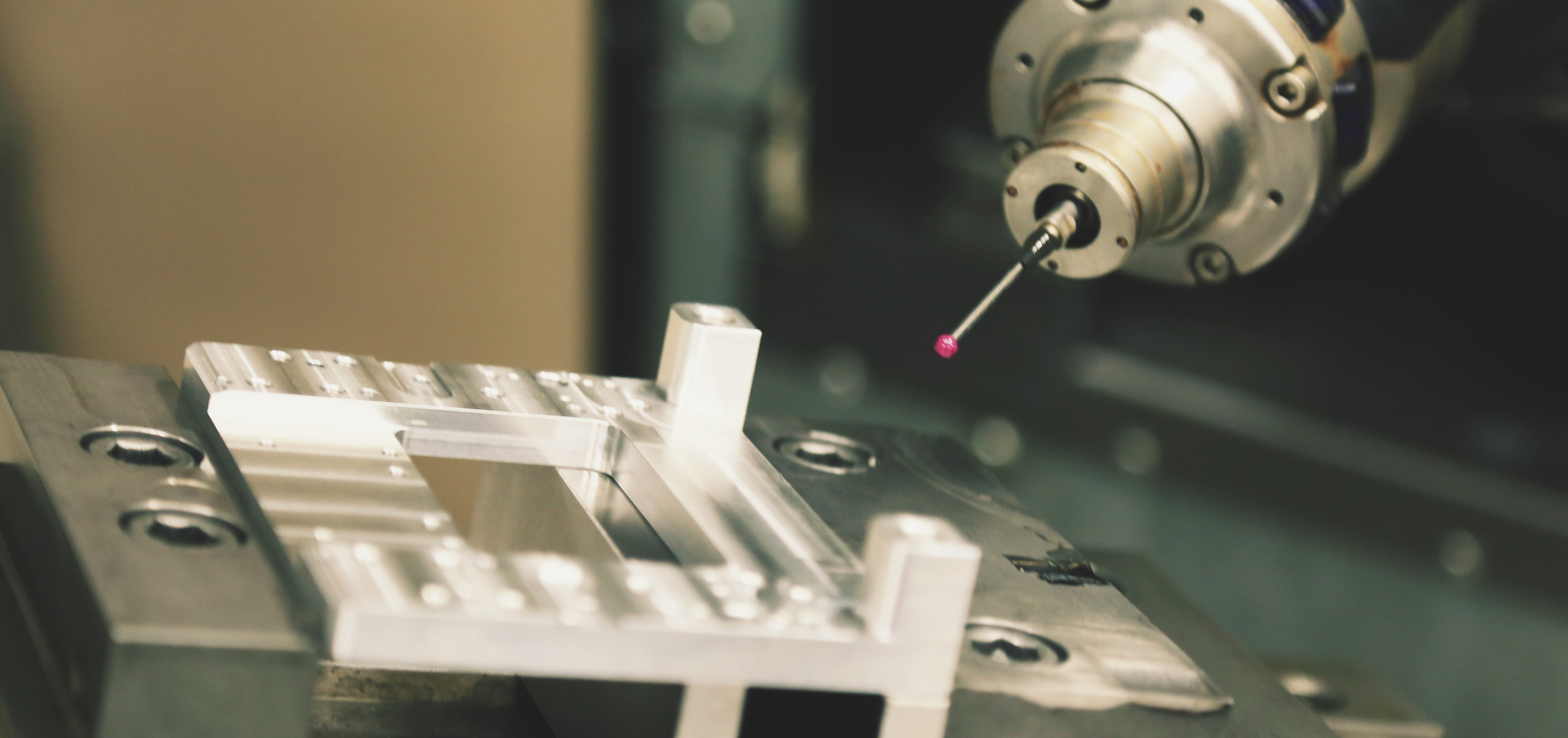CNC machine operators are the vigor behind the manufacturing industry. Not only are they machinists, CNC operators are also designers, planners, and innovators. They are technicians, mathematicians, and programmers. They are highly skilled and professional makers. And they can be found in just about every sector of the manufacturing field.
In Connecticut, for example, CNC operators and machinists can be found working on aircrafts at Pratt & Whitney, or on submarines at Electric Boat. They can even be found doing work for the U.S. Department of Defense, who requires precise parts to be machined from high quality metals. The possibilities for CNC operators are countless once you have the right training and experience under your belt.
The required training level for CNC operators depends on your place of work, though it is recommended that aspiring CNC operators and machinists obtain at least a postsecondary certificate or associate degree in CNC machining. These credentials will equip you with the knowledge, skills, and experience needed to land a steady job in the field.
If you decide to pursue college-level CNC operator training, rest assured you will be making a meaningful career move that will benefit you for years to come. While much of the manufacturing industry fluctuates in terms of employment rates, trained CNC operators have a very bright job outlook (and great job security) ahead. According to the Bureau of Labor Statistics, computer-controlled machine operator jobs are expected to rise 17 percent by the year 2024 – much faster than the average of all other U.S. occupations.
So, where do you begin? There are many different training options available to CNC machinists, which one should you choose? To get you thinking, Goodwin College has broken down the different types of CNC operator training programs available at our manufacturing and machining school in Connecticut.
Basic CNC Training Certificate Program (18 Credits)
For those who want to dip their toes into the field of CNC machining, we offer a basic CNC Production Certificate program that is only 18-credits long. In this program, students learn the fundamentals of CNC work: technical drawing, specification, and mathematics, as well as about material properties and processing. Students also gain some hands-on experience with our new CNC 3-axis milling and turning machines, combined with a classroom education.
If you choose to follow this CNC certificate path, you will leave well-prepared for an entry-level CNC operator position in the field. You will have gained an understanding of CNC machining as well as the basic skills manufacturing employers are looking for today: problem-solving, safety, quality, production, maintenance, and teamwork. Upon completion of this certificate, you will be qualified to take two national, portable credentialing exams with the Manufacturing Skill Standards Council. You can also choose to move forward in our associate degree program.
Advanced CNC Operator Training Certificate (30 Credits)
Our advanced CNC certificate program will take your basic CNC operator training to the next level. In the first half of this 30-credit program, you will develop and hone the CNC machinist skills that employers demand today: from machining maintenance to production processes, technical drawing to hands-on operations, you will gain a fuller understanding of what it means to work with CNC machines.
In addition to training with our new 3-axis milling and turning machinery, you will also get in-depth training in advanced Mastercam programs. You will learn the ins and outs of programming tool location, motion, feeds, and speeds, and therefore stand out to potential employers. If you successfully complete this CNC operator training program, you will be prepared to pursue a National Institute for Metalworking Skills (NIMS) credential for CNC certification. You can also apply these 30 credits toward an associate degree in CNC machining.
Associate Degree in CNC Machining (60 Credits)
At Goodwin College, you also have the opportunity to advance your CNC operator training even further with an associate degree. Our Associate in CNC Machining program is designed to turn aspiring students into skilled CNC machinists in less than two years’ time.
The CNC associate degree program at Goodwin integrates classroom learning with hands-on operation. On the knowledge side, you will work with industry leaders to understand manufacturing mathematics, technical drawing, and specifications. You will also gain greater competence working with different materials, Mastercam software, as well as state-of-the-art computer-aided machining.
Earning an Associate in CNC Machining will give you the highest level of training and experience at Goodwin, and qualify you to pursue a National Institute for Metalworking Skills (NIMC) credential as a CNC operator. You may also choose to continue your education and broaden your manufacturing skills in our Manufacturing Management bachelor’s degree program.
Don’t hesitate to take the first step towards your CNC machining career. Learn more about our CNC operator training programs by calling Goodwin College at 800-889-3282. Or, visit us online to find out why we’re a leading CNC operator school in Connecticut!
Goodwin University is a nonprofit institution of higher education and is accredited by the New England Commission of Higher Education (NECHE), formerly known as the New England Association of Schools and Colleges (NEASC). Goodwin University was founded in 1999, with the goal of serving a diverse student population with career-focused degree programs that lead to strong employment outcomes.

